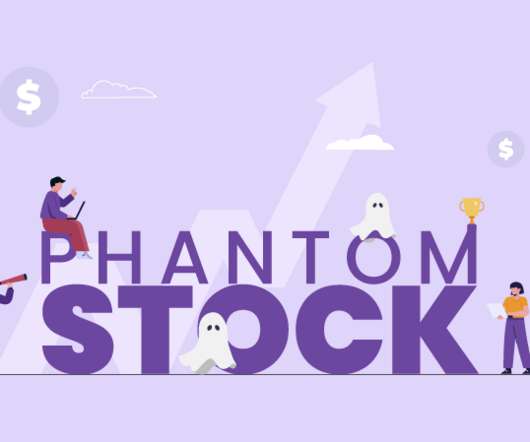Should You Introduce Profit-Sharing — and How?
Kollath CPA
OCTOBER 11, 2021
Your business is doing well, and you want a way to share some of your firm’s profits with the people who helped create its success. The solution might seem obvious: create a profit-sharing plan based on the performance of the company. Should You Introduce Profit-Sharing? You can choose either: 1.












Let's personalize your content